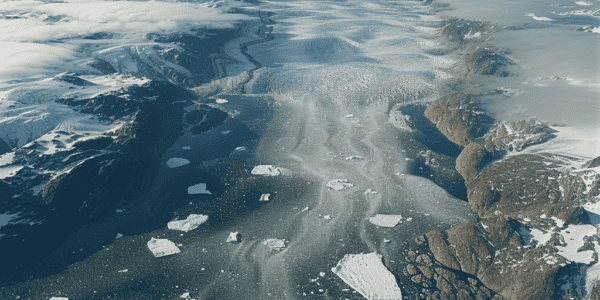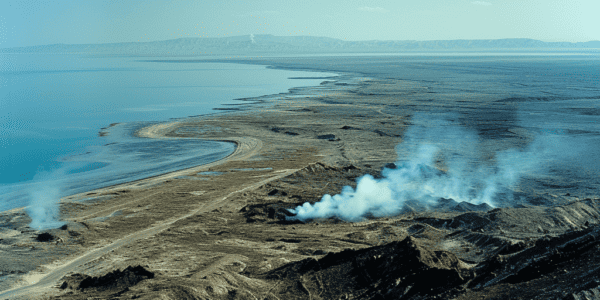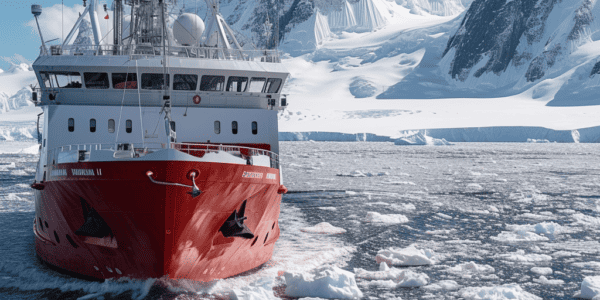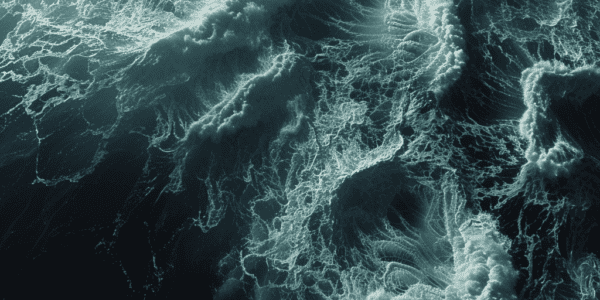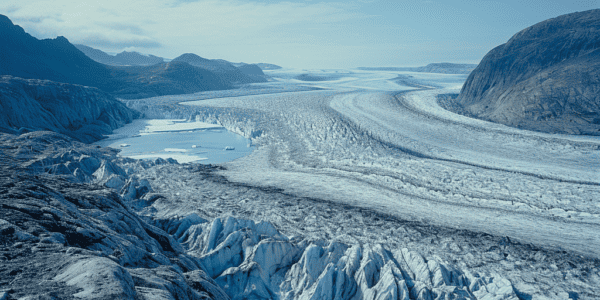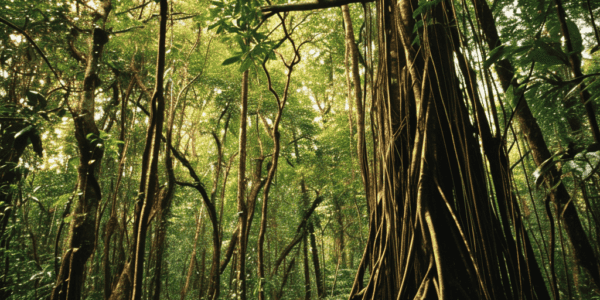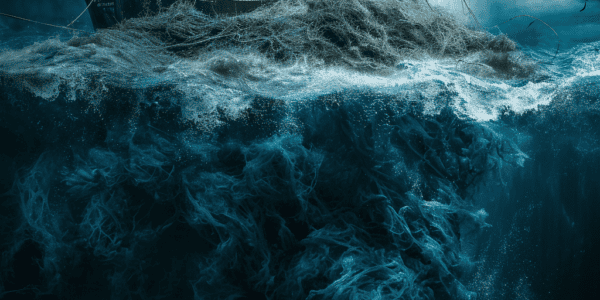Debating the Effectiveness of Removing CO2 from the Atmosphere as a Climate Solution
How effective is removing CO2 from the atmosphere as a climate solution? This question has been at the forefront of discussions surrounding climate change. With the increasing awareness of the need for sustainable practices, the focus has turned to exploring…
Climate Change Triggering Global Health Crisis
Climate change is triggering a global health crisis that may approach the death toll of some of history’s deadliest plagues. Unlike the 1918 flu epidemic or the COVID-19 pandemic, which were caused by the widespread outbreak of one type of…
Alarming Findings about Greenland’s Ice Sheet
In a new study, Nasa’s Jet Propulsion Laboratory has unveiled alarming findings about the state of Greenland’s ice sheet hinting at the growing threats of the climate change. The comprehensive analysis, which scrutinised nearly four decades of satellite data, reveals…
NASA’s EMIT mission helps Turkmenistan pinpoint methane leaks
Covering the business and politics of space January 25, 2024 East of Hazar, Turkmenistan, a port city on the Caspian Sea, 12 plumes of methane stream westward. Some of the plumes, detected by NASA’s Earth Surface Mineral Dust Source Investigation…
Canadian and European Experts Establish Partnership for Antarctic Ocean Observation
Canadian and European experts in polar observation are teaming up to establish a new partnership that will see Ocean Networks Canada (ONC) operating a subsea observatory at the Spanish Antarctic Station, providing year-round, near real-time data on ocean conditions there….
Research Reveals Southern Ocean’s Role in Global Oceanic Oxygenation
Recent research published in Science Advances sheds light on the role of the Southern Ocean in controlling global oceanic oxygenation during the last deglaciation. The study, conducted by Yi Wang, Kassandra M. Costa, Wanyi Lu, Sophia K. V. Hines, and…
Greenland’s Ice Sheet Experiencing Widespread Acceleration in Calving, Leading to Significant Ice Loss and Rising Sea Levels
Greenland’s ice sheet has been experiencing widespread acceleration in calving, leading to significant ice loss and contributing to rising sea levels and global climate impacts. A recent study has revealed that the Greenland Ice Sheet (GrIS) has lost 5,091 ± 72 km2 of…
Global Research Finds Warmer Temperatures Driving Woody Vines to Take Over World’s Forests
As Earth records its hottest year ever, a global research collaboration has found warmer temperatures are a key driver in woody vines taking over the world’s forests—threatening their vital role in helping cool the atmosphere by storing carbon. Spanning 44…
Human Evolution and Climate Crisis
Human evolution might be the biggest threat to solving the climate crisis, according to a new study from the University of Maine. The research aimed to understand how the process of cultural adaptation to the environment, a significant driver of…
Groundbreaking Discovery: Bottom Trawling Releases 370 Million Tonnes of CO2 Annually
Scientists have made a groundbreaking discovery about the impact of bottom trawling on the environment. The practice of dragging massive nets along the seabed to catch fish has been found to release a staggering 370 million tonnes of carbon dioxide…



